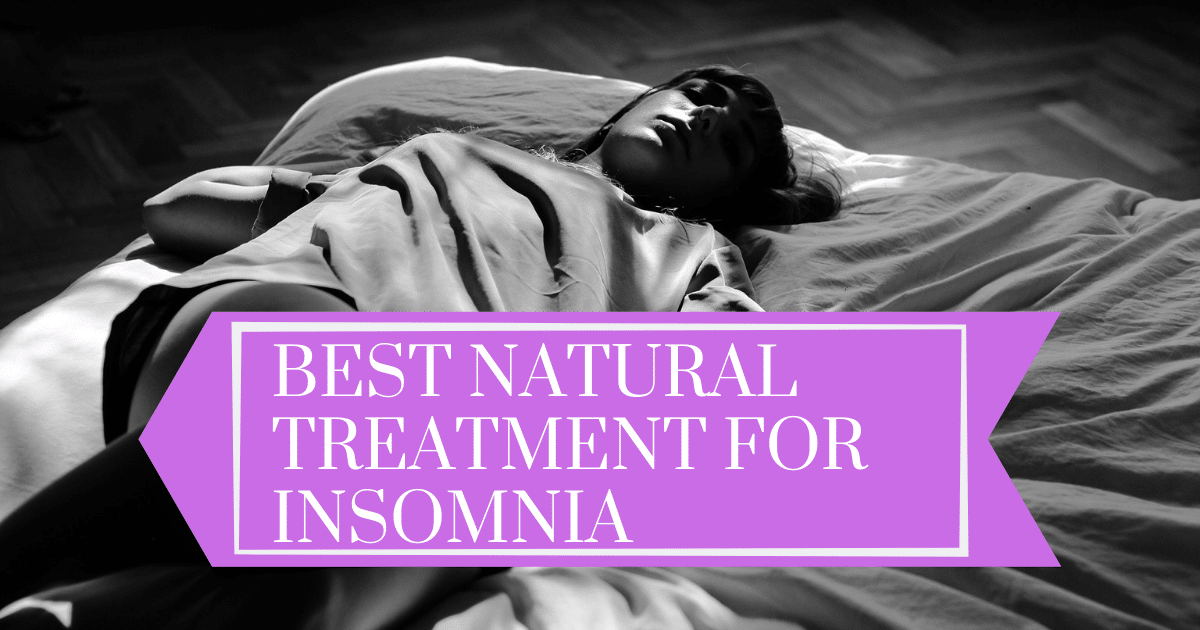

“Its effectiveness, overall, is either equal to medications for the short-term or better than the meds. “Cognitive behavioral therapy basically retrains your brain not to associate the bed and the bedroom with not sleeping,” says Attarian. If improving sleep hygiene and other lifestyle changes alone don’t help with your sleep, the next step is cognitive behavioral therapy to improve sleep and reverse chronic insomnia. If you’re doing all that and still having trouble, don’t lie in bed for hours struggling. Create a sleep-promoting environment that’s quiet, dark, and cool.Reserve the bed solely for sleep and sex.Turn off electronics at least one hour before bedtime.Limit daytime naps to no more than 30 minutes.He suggests leaving at least an hour per serving of alcohol between imbibing and bedtime. “You should steer clear of alcohol close to bedtime,” says Attarian. This means substances like caffeine and tobacco, for instance, that can stay in your system for eight hours.

Avoid anything that messes with your ability to fall asleep.“But one thing that’s very important is to have a routine that involves some exposure to outside natural light.” Morning exposure to natural light signals to your brain that it’s time to be awake and helps keep your body clock on schedule, which means later that evening you'll be more likely to fall asleep at an appropriate time. For a lot of people whose work schedules have changed, there’s no getting outside first thing in the morning to physically get to an office or place of work. Get natural light. “Something that’s happened a lot since 2020 is that because a lot of people are now working from home, there is no daily routine,” Attarian says.This means going to bed and waking up around the same time, whether it’s Wednesday or Sunday.

Here are some good sleep hygiene practices Dr. Attarian, MD, a sleep medicine specialist at Northwestern Medicine in Chicago, says he always starts by analyzing a person’s sleep and wake habits. Here are some of the treatment options your doctor or a sleep specialist might recommend if you have insomnia.įor a mild case that’s been a problem only for a few days or weeks, doctors will likely recommend a few lifestyle changes to promote better sleep. Lifestyle changes, therapies, and other treatments do exist to retrain your mind and body to get the sleep you need to stay not only happy but healthy, too.

What’s more, those periods of short-term insomnia that last just a few days or a week ( acute insomnia), can turn into longer-term insomnia, which is known as chronic insomnia, meaning your sleep troubles last beyond the initial stressor.īut you don't have to suffer through short- or long-term insomnia, and you shouldn't. There are many reasons why you might be struggling to fall asleep or stay asleep through the night, including stressful life events (such as getting fired from a job) and health issues. Experts estimate that between 1 in 10 and 1 in 3 people suffer from some degree of insomnia, meaning they have trouble falling asleep, staying asleep, or wake up earlier than they intend to in the morning (or a combination of the above). You feel like you’re cursed - but you’re not alone. You lie awake at night staring at the ceiling.


 0 kommentar(er)
0 kommentar(er)
